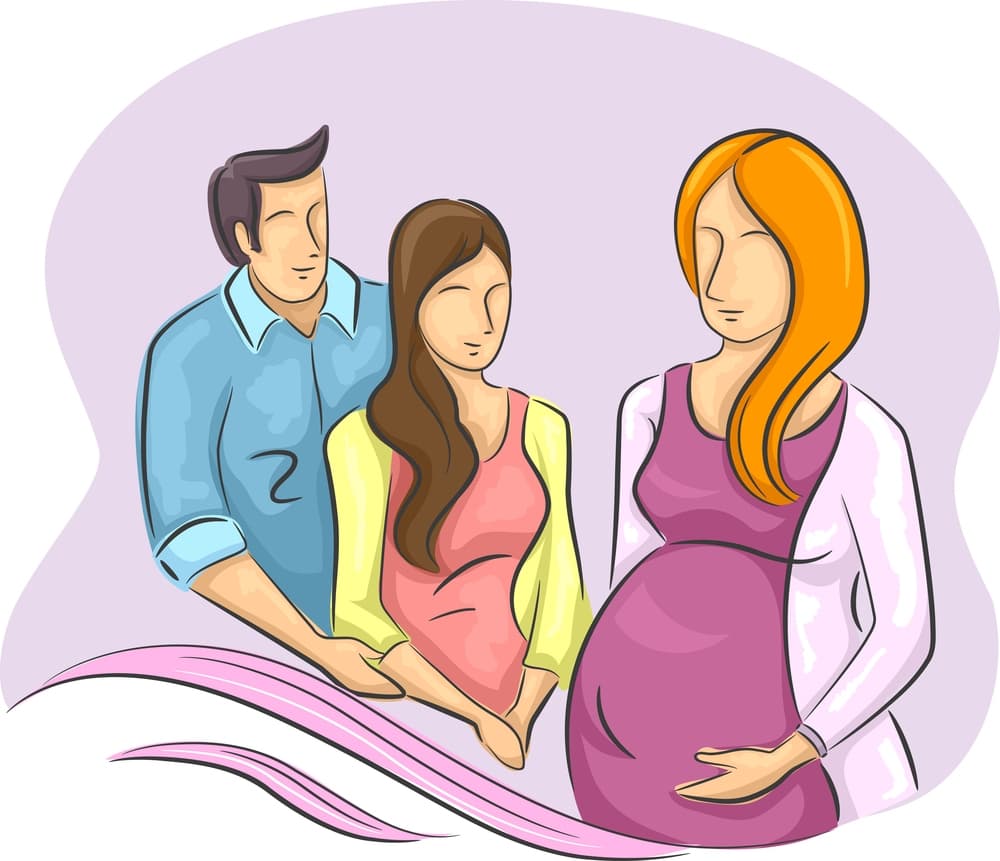We're loading the full news article for you. This includes the article content, images, author information, and related articles.
A new law regulating assisted reproductive technologies imposes a Sh10 million fine or 10-year jail term for violations, including commercial surrogacy, fundamentally reshaping access to fertility treatments for Kenyans and ending the nation's era of fertility tourism.

Kenya has enacted a groundbreaking and stringent law to govern the field of assisted reproductive technology (ART), introducing a new legal framework for procedures like in-vitro fertilisation (IVF) and surrogacy. The legislation, known as the Assisted Reproductive Technology Act, imposes severe penalties, including fines of up to Sh10 million and jail terms of up to 10 years, for a range of unethical practices. This move is set to radically alter the landscape for Kenyans struggling with infertility while simultaneously shutting down the country's once-thriving international surrogacy market.
The National Assembly passed the Assisted Reproductive Technology Bill, 2022, on Tuesday, November 5, 2025, after a legislative journey that spanned nearly a decade. The bill, championed by Suba North Member of Parliament Millie Odhiambo and significantly amended by Homa Bay Town MP Peter Kaluma, now awaits presidential assent after expected concurrence by the Senate. Speaker of the National Assembly, Moses Wetang'ula, praised the law as a balanced measure that incorporates scientific progress with Kenya's moral and cultural values.
The immediate and most significant impact for Kenya is the formal regulation of a previously legally grey area. For years, fertility clinics operated without a specific legal framework, creating potential risks for all parties involved. The new Act provides a clear legal pathway for Kenyan citizens seeking ART services, offering protection and clarity to intended parents, surrogates, and children born through these technologies.
A central pillar of the new law is the complete ban on commercial surrogacy and fertility tourism. The Act stipulates that surrogacy will only be permitted on an altruistic basis, meaning a surrogate mother cannot receive financial compensation beyond the reimbursement of medical expenses. Furthermore, these services are now exclusively available to Kenyan citizens, effectively ending the practice of foreigners commissioning surrogacies in the country. Lawmakers argued this was necessary to protect vulnerable women from exploitation and to prevent potential abuses such as child trafficking and organ harvesting.
The law also establishes strict eligibility criteria. Intended parents must be Kenyan citizens aged between 25 and 55. Surrogate mothers are required to be between 25 and 45 years old, must have at least one child of their own, and are mandated to undergo comprehensive medical and psychological evaluations. The definition of a commissioning 'couple' as a man and a woman in a marriage recognized under Kenyan law effectively excludes same-sex couples and single men from accessing surrogacy.
To oversee the sector, the Act mandates the creation of an Assisted Reproductive Technology Directorate under the Kenya Medical Practitioners and Dentists Council. This body will be responsible for licensing fertility clinics, accrediting practitioners, and maintaining a confidential national database of donors, surrogates, and children born via ART.
The hefty Sh10 million fine or 10-year prison sentence applies to several outlawed practices. These include engaging in or advertising commercial surrogacy, the sale of human gametes (sperm and eggs) or embryos, human cloning, and non-medical sex selection. The law also limits gamete donations to ten instances per person and requires written consent for all procedures.
The passage of this law is significant in a country where infertility carries considerable social stigma and affects a substantial portion of the population. While precise, recent data is limited, a 2018 report suggested that as many as 4.2 million Kenyans, or two in every ten couples, face fertility challenges. Globally, the World Health Organization estimates that one in six people are affected by infertility. Until now, those who could afford it turned to a small number of private clinics, primarily in Nairobi and Mombasa, for solutions. The cost of a single IVF cycle, ranging from KSh 400,000 to KSh 700,000, remains a major barrier for the majority of the population. The new Act obligates the government to work towards ensuring ART services are covered by health insurance, though a specific timeline has not been defined.
The legislation also aims to bring legal certainty to parentage. It clarifies that the commissioning parents are the legal parents of a child born through surrogacy from the moment of birth, and the surrogate mother holds no parental rights or obligations. This addresses previous legal ambiguities that could lead to disputes. The law also entitles surrogates to three months' leave after birth, while intended parents are eligible for maternity and paternity leave. The long-term impact of this regulatory overhaul on the accessibility and affordability of fertility treatments for ordinary Kenyans remains a critical area for observation as the new framework is implemented.
Keep the conversation in one place—threads here stay linked to the story and in the forums.
Sign in to start a discussion
Start a conversation about this story and keep it linked here.
Other hot threads
E-sports and Gaming Community in Kenya
Active 9 months ago
The Role of Technology in Modern Agriculture (AgriTech)
Active 9 months ago
Popular Recreational Activities Across Counties
Active 9 months ago
Investing in Youth Sports Development Programs
Active 9 months ago
Key figures and persons of interest featured in this article